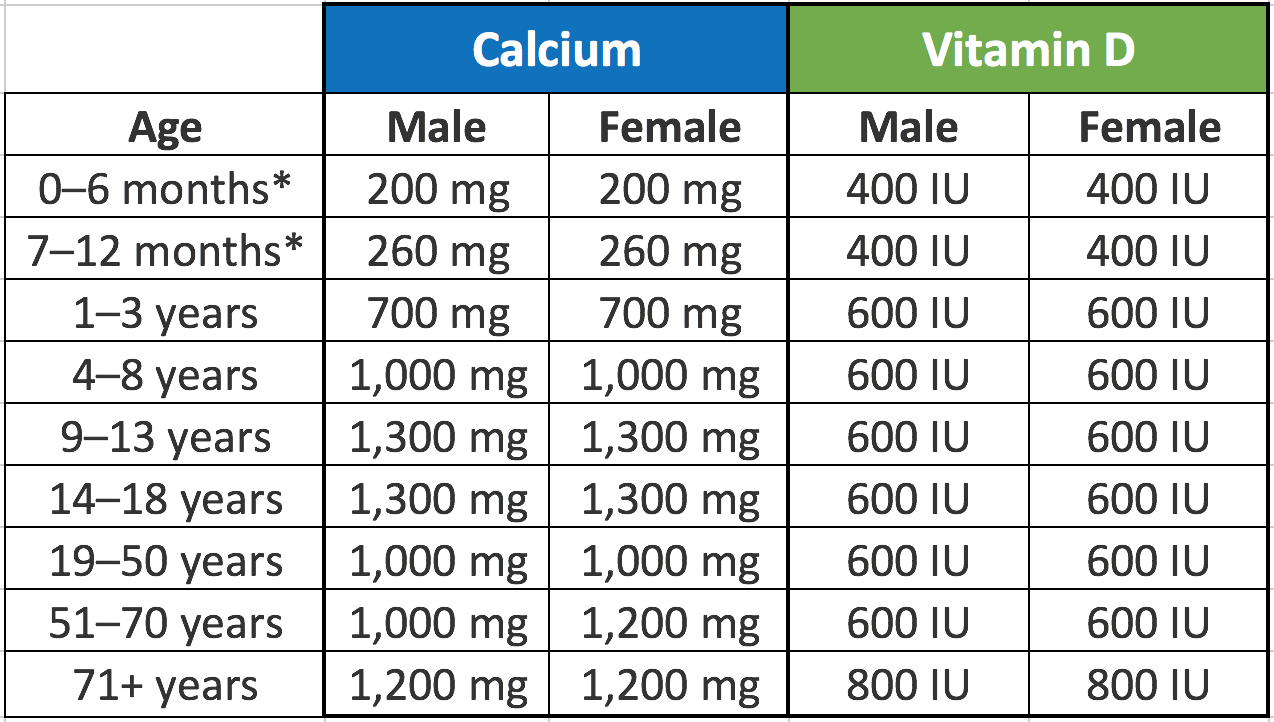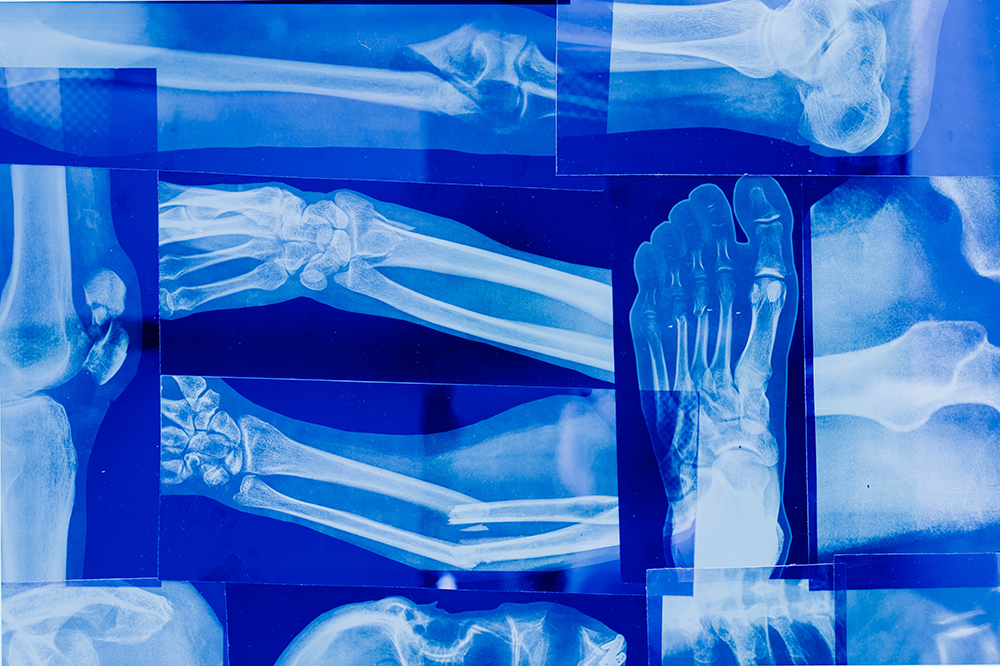
Calcium is the most abundant mineral in the human body. The majority of the calcium in your body is used for the structure of your bones and your teeth while the rest is in your muscles and throughout your blood. So it may come as a shock to learn that calcium deficiency is a very common condition that can lead to long term negative effects.
The Role of Calcium in the Body
We have all heard our mother say "Drink your milk! It will make you strong!", but there are actually more benefits to calcium than just strengthening against brittle bones. Calcium, of course, is beneficial in the growth and maintenance of the body. Calcium is also essential in the maintenance of hormone levels, the contraction and expansion of muscles and blood vessels, the transmission of impulses throughout the nervous system, and most importantly the regulation of your heartbeat.Throughout the day, calcium is lost through our skin, nails, sweat, urine and feces and it is not replaced through the body's natural course of action. Therefore it is important to try to get calcium through a healthy diet and/or supplements.
When patients do not get enough calcium in their diet, the body will begin to take the calcium from the bones thus leading to a decrease in bone strength and overall health. The most common side effect of a calcium deficiency is osteoporosis, or a condition where the bones become brittle, weak and porous. Osteoporosis places patients at a higher risk of bone fractures.
Vitamin D + Calcium
Vitamin D is an important nutrient that is also used in the strengthening of bones and aids in the absorption of calcium into the body. Therefore it is important to maintain healthy levels of vitamin D in the body in order to properly absorb calcium.
Sources of Calcium
Supplements
Following weight loss surgery, patients may experience a change in their digestive system as it relates to the method and quantity of nutrients absorbed into their system. Due to decreased stomach acid following weight loss surgery, our practice and the ASMBS recommend that patients take calcium citrate chewable instead of other forms of calcium like calcium carbonate or calcium triphosphate. Unlike calcium citrate, calcium carbonate and triphosphate require stomach acid to be properly absorbed by the body. Calcium citrate is already in the acid form.
Calcium citrate can not be found at your neighborhood drug store or supermarket. However, our practice sells calcium citrate chewables on our eStore, specifically designed to supplement the nutritional and dietary needs of bariatric patients. The calcium chewables on our site also have vitamin D in them in an effort to facilitate absorption.
Foods
When we think of calcium, we immediately think of dairy products such as milk, cheese and yogurt. For bariatric patients or patients looking to lose weight, we do not recommend milk in general because of it's high sugar content which we consider to be liquid calories and can also result in dumping syndrome and reactive hypoglycemia in certain patients. Cheese and low carbohydrate yogurt (we recommend yogurt with no more than 10g of total carbs per serving for bariatric surgery patients) are good sources of calcium but bariatric surgery patients cannot and should not consume them in amounts large enough to provide the recommended daily calcium intake of at least 1500 mg per day.
You may have heard that leafy greens, broccoli, kale, carrots, and almonds are good sources of calcium. Although these foods do contain significant sources of calcium, most people still do not meet the daily recommendations and bariatric surgery patients also have limited intake of these foods. We recommend that bariatric surgery patients take the recommended 1500 mg calcium citrate daily in 3 doses of 500 mg for best absorption and consider any extra calcium from food sources to be a bonus. For non bariatric surgery patients, we recommend people meet their calcium requirements through a combination of food first and supplementation to make up the difference. See chart below for daily recommendations based on age and gender for non bariatric surgery patients.
Recommended Amounts












